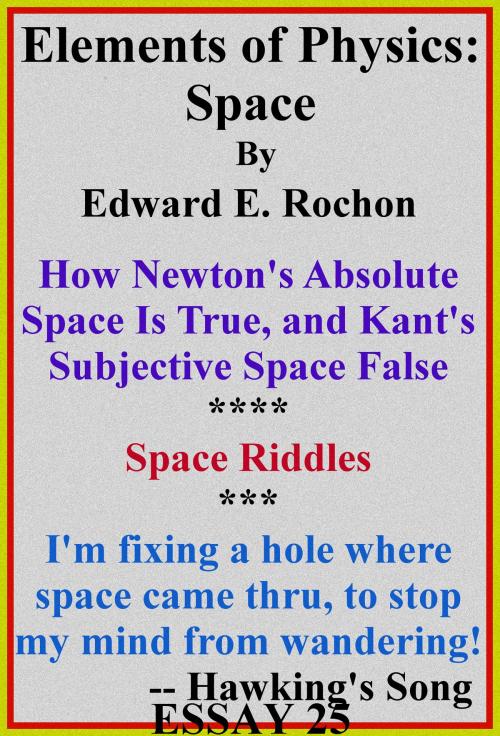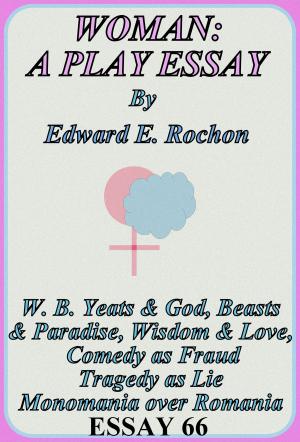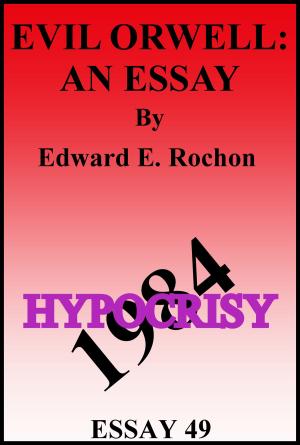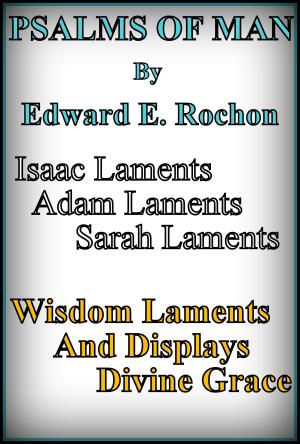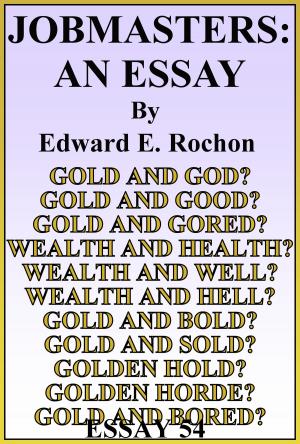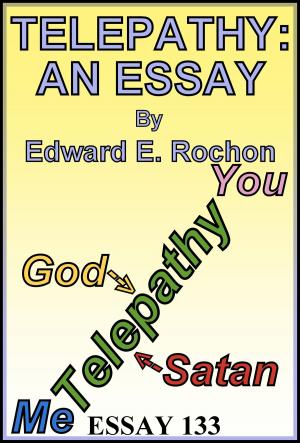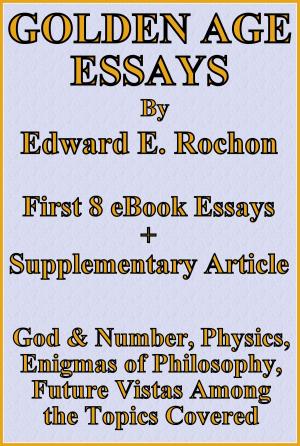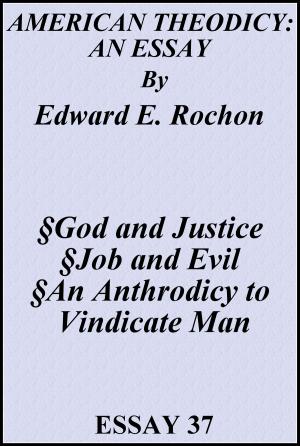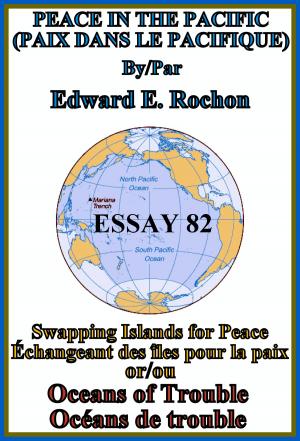Elements of Physics: Space
Nonfiction, Religion & Spirituality, Philosophy, Metaphysics, Science & Nature, Science, Physics, General Physics| Author: | Edward E. Rochon | ISBN: | 9781310117435 |
| Publisher: | Edward E. Rochon | Publication: | April 28, 2014 |
| Imprint: | Smashwords Edition | Language: | English |
| Author: | Edward E. Rochon |
| ISBN: | 9781310117435 |
| Publisher: | Edward E. Rochon |
| Publication: | April 28, 2014 |
| Imprint: | Smashwords Edition |
| Language: | English |
Moving on from my essay on the elements of matter, I consider the problem of space. It must be objective and external to man. I go over some axioms concerning mathematics and geometry prior to the analysis of space. I put forth the fundamental proof of space as an independent existence. Since C lies between objects and areas A and B, and is not a part of either, it is an independent existence with respect to objects and must be distinct in respect to adjoining spaces. I go on to lay out the distinction between existence and the relationships in and between existence and its parts, noting that relationships do not exist in and of themselves except as concepts in the mind. I note that all attributes of matter are primary, there being no secondary attributes of matter as supposed by Locke, etc. This is prefatory to my attack on idealism after the manner of Bishop Berkeley. I show the contradiction and ambiguities that Berkeley's methods create. Finally I discuss the boundary problem of space. Since space is not infinite, what riddles result from this? I mention several and propose that a number of spaces or universes may exist coexistent with the infinity of existence as a whole. Another universe may fortuitously bump up to lay out a carpet when needed. Well why not? If subatomic particles can communicate telepathically according to quantum suppositions, why not much bigger obliging universes? I revised the work on 2-21-15 to hopefully more effectively attack Bishop Berkeley's idealist notion of the material world that space and matter are in the mind only.
Moving on from my essay on the elements of matter, I consider the problem of space. It must be objective and external to man. I go over some axioms concerning mathematics and geometry prior to the analysis of space. I put forth the fundamental proof of space as an independent existence. Since C lies between objects and areas A and B, and is not a part of either, it is an independent existence with respect to objects and must be distinct in respect to adjoining spaces. I go on to lay out the distinction between existence and the relationships in and between existence and its parts, noting that relationships do not exist in and of themselves except as concepts in the mind. I note that all attributes of matter are primary, there being no secondary attributes of matter as supposed by Locke, etc. This is prefatory to my attack on idealism after the manner of Bishop Berkeley. I show the contradiction and ambiguities that Berkeley's methods create. Finally I discuss the boundary problem of space. Since space is not infinite, what riddles result from this? I mention several and propose that a number of spaces or universes may exist coexistent with the infinity of existence as a whole. Another universe may fortuitously bump up to lay out a carpet when needed. Well why not? If subatomic particles can communicate telepathically according to quantum suppositions, why not much bigger obliging universes? I revised the work on 2-21-15 to hopefully more effectively attack Bishop Berkeley's idealist notion of the material world that space and matter are in the mind only.
